Hello and welcome to Everyone As an early adopter of cryptocurrency, I am beyond thrilled to share with you this blog post, which marks a crucial milestone in our journey through the realm of digital finance. Here, we delve into the fascinating world of restaking - a bold and dynamic aspect of the cryptocurrency industry that is reshaping our understanding of financial systems.
Having been fortunate to witness the evolution of blockchain technologies right from their embryonic stages, I consider it an absolute honor to present this comprehensive discussion featuring the brightest minds in the crypto world. Our panel includes iconic figures such as Vitalik Buterin, Sreeram, Tim Beiko, Justin Drake, Dankrad, and Jessy. They have joined forces to illuminate the complexities and opportunities of restaking, providing invaluable insights for both seasoned and budding crypto-enthusiasts.
In this blog post, we don't merely explore restaking. Instead, we venture through uncharted landscapes, dismantling preconceived notions, confronting challenges, and unveiling potentialities. This discourse isn't just about keeping pace with the present, but about shaping the future, driving innovation and fostering understanding in a space that, while nebulous to many, holds immense transformative potential.
"June 29, 2023"
#Bankless, a podcast about Internet money and finance, hosts a deep dive into the concept of restaking in Ethereum, led by a panel of experts including Vitalik Buterin, Tim Beiko, Justin Drake, Sreeram Kannan, Dankrad Feist, and Jessy. The discussion is technically advanced and meant for listeners familiar with staking and restaking.
Restaking refers to the practice of using staked Ethereum as collateral for other activities, with the goal of enhancing the efficiency and versatility of the Ethereum ecosystem. Sreeram Kannan, the founder of Eigenlayer, is considered to be one of the key figures behind the concept of restaking.
The panel discusses the potential risks of restaking, primarily focusing on its possible impact on Ethereum's security and decentralization. There are concerns about the erosion of solo staking and the systemic risks arising from the complexity of restaking.
The experts also discuss possible safeguards, including improvements to the architecture of Eigenlayer (the platform enabling restaking), the development of reputation systems, social norms, and education for developers and users.
The discussion concludes with an optimistic view towards the future of restaking, despite the identified risks. The panelists suggest that ongoing research, discussion, and community engagement will be critical in navigating the potential challenges and maximizing the benefits of restaking in Ethereum.
"Speakers"
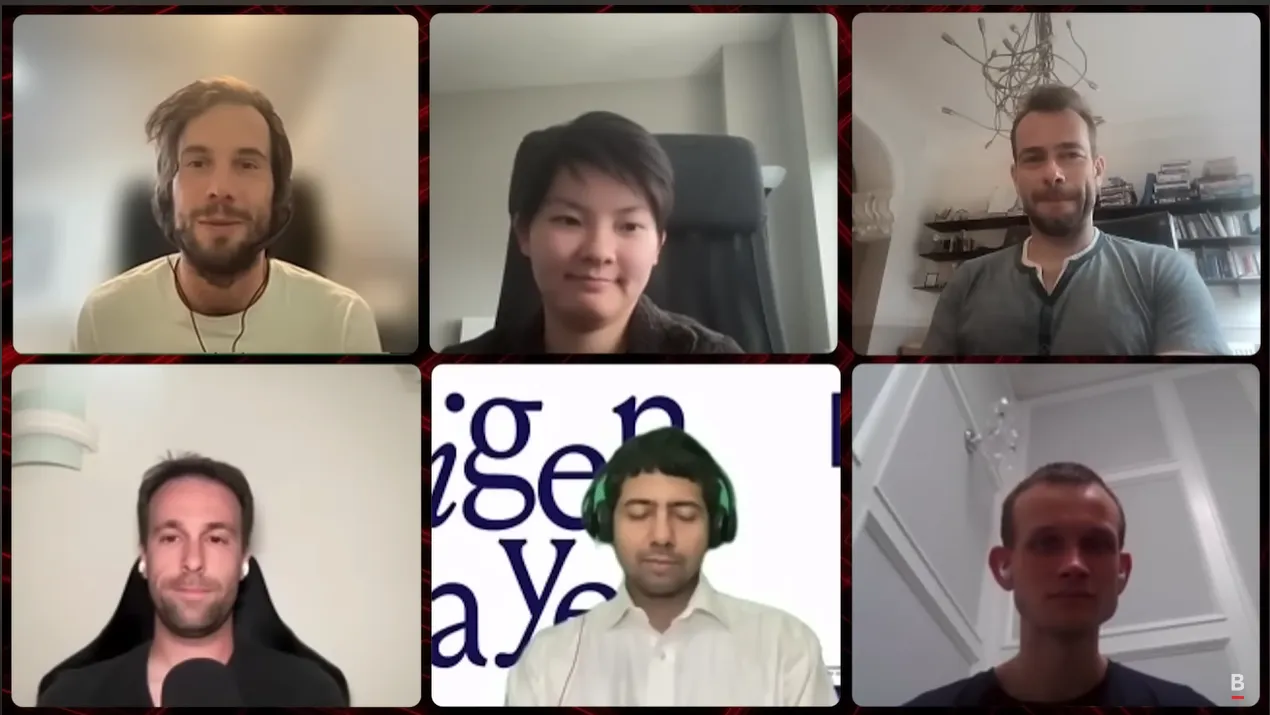
This panel discussion brings together key figures from the #Ethereum ecosystem, each shedding light on a critical and hotly debated topic in blockchain technology: restaking.
#Restaking—the practice of borrowing and lending staked cryptocurrency—holds both opportunities and challenges. The impacts of restaking on the Ethereum ecosystem, its benefits, and potential risks, will be examined and debated by our esteemed panelists.
#VitalikButerin, a co-founder of Ethereum, is concerned about restaking's implications. He fears it could create debt from ether locked in staking and emphasizes the need for reputation systems and social norms to minimize risks. Vitalik believes in these norms guiding the evolution of the Ethereum space.
#SreeramKannan, the founder of EigenLayer, provides a different perspective, defending the restaking model and its role in creating a marketplace of decentralized trust. Sreeram assures that EigenLayer isn't about the financial hypothecation of staked ether, but about forming credible commitments via zero-knowledge proofs, contributing to greater decentralization.
#JustinDrake, an Ethereum researcher, shares concerns similar to Vitalik's about restaking. Despite this, he proposes mechanisms to limit potential damage, such as the formation of social norms and promoting education. Justin is confident in the Ethereum community's ability to construct a restaking model that aligns with Ethereum's philosophy without compromising security.
Serving as the technical moderator for the discussion, #TimBeiko aims to provide clarity on the topic of restaking and ensure a productive dialogue among the speakers.
Another Ethereum researcher,#DankradFeist, will scrutinize restaking's potential risks and benefits. Dankrad expresses concern about the possible erosion of solo staking and the risk of restaking and consolidating too much power in a few large staking pools.
Lastly, we have #Jessy (AKA 13-year-old VC), who provides a unique viewpoint on restaking. Jessy underlines the importance of considering second-order effects and insists on a comprehensive understanding of restaking's impact on the Ethereum ecosystem.
"Here Are Some Overview of the Speakers"
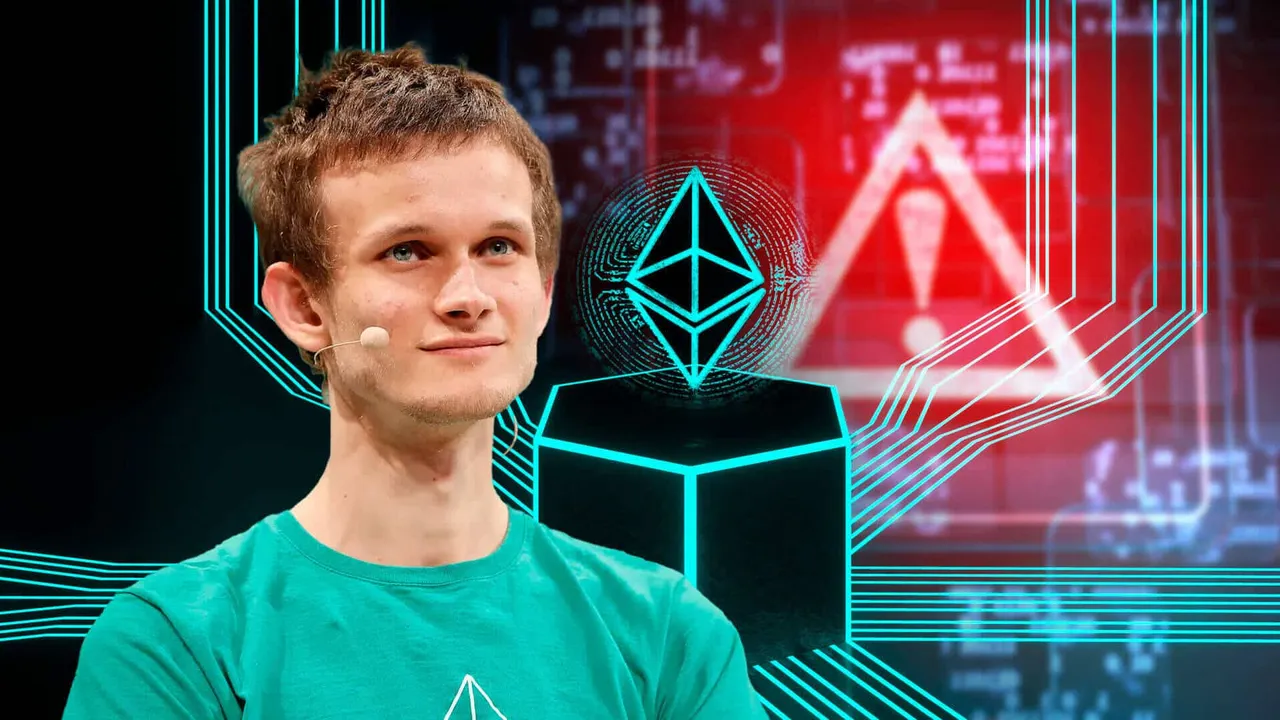
Vitalik Buterin
Vitalik Buterin is a Russian-Canadian writer and programmer who has been involved in the Bitcoin community since 2011, co-founding and writing articles for Bitcoin magazine. He is primarily known as the one behind #Ethereum, a blockchain platform that operates as a world computer for decentralized applications, or DApps.
Buterin traveled around the world for six months in 2013 to speak with Bitcoin (BTC) developers. He understood that he could construct a new, possibly superior version by iterating on the Bitcoin blockchain.
To explain this idea, he linked #Bitcoin to a calculator and a future blockchain to a smartphone and applied the same principle of improving the system’s strength by making it more general-purpose to blockchain networks. Bitcoin is the world’s first #cryptocurrency, while Ether (ETH) is a digital currency based on the Ethereum blockchain network.
Buterin co-created Ethereum, the blockchain that supports various functions, including developing apps and programs with the power of cryptocurrencies such as ETH. Smart contracts, which are essentially programs that can be saved and operated on the Ethereum platform, are how the platform accomplishes this.
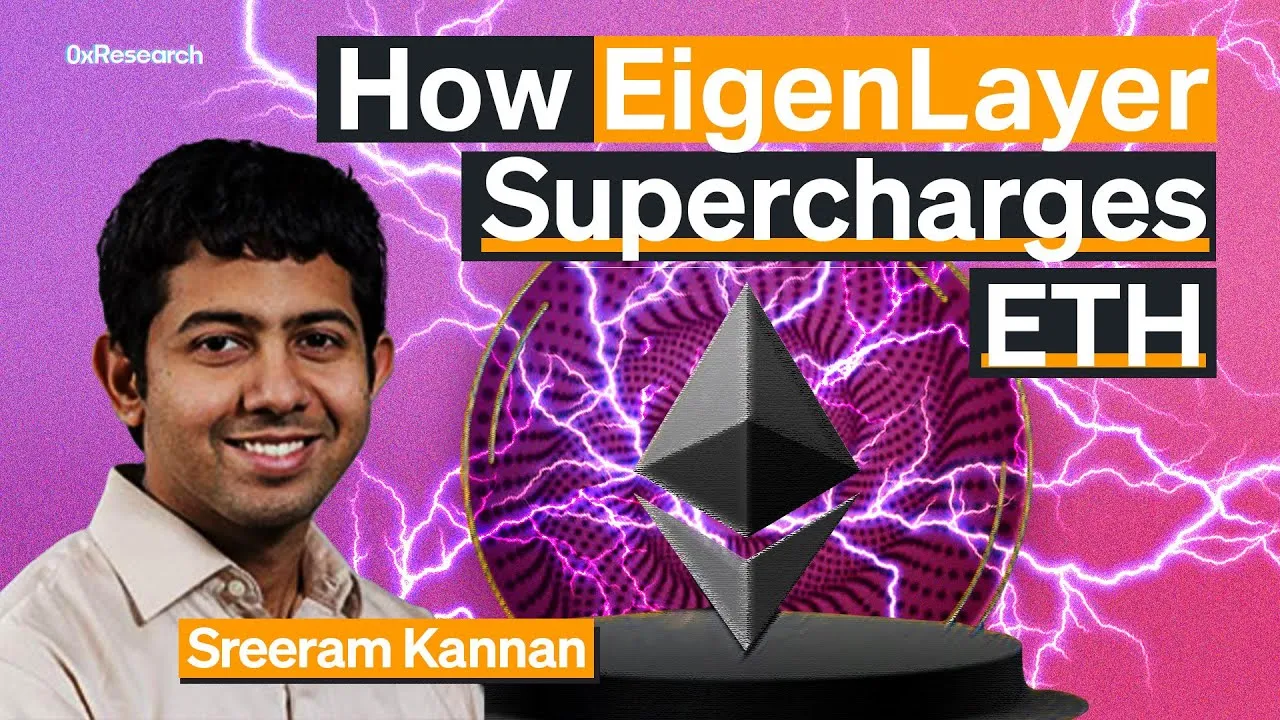
"Seeram Kannan"
#SreeramKannan is an assistant professor at the University of Washington, Seattle, where he runs the information theory lab focussing on information theory and its applications in communication networks, machine learning, and blockchain systems. He was a postdoctoral scholar at the University of California, Berkeley, and a visiting postdoc at Stanford University between 2012-2014 before which he received his Ph.D. in Electrical and Computer Engineering and M.S. in Mathematics from the University of Illinois Urbana Champaign.
Sreeram Kannan is the founder of Eigen Layer and the director of the University of Washington’s Blockchain Lab. His research at UW focuses on distributed computing, information theory, queuing theory, networking, coding theory, and game theory of blockchain systems. Eigen Layer is a proof of stake validation marketplace that reuses state capital and existing validation infrastructure. With Eigen Layer. Ethereum can enable permissionless and modular innovation across all blockchain layers.
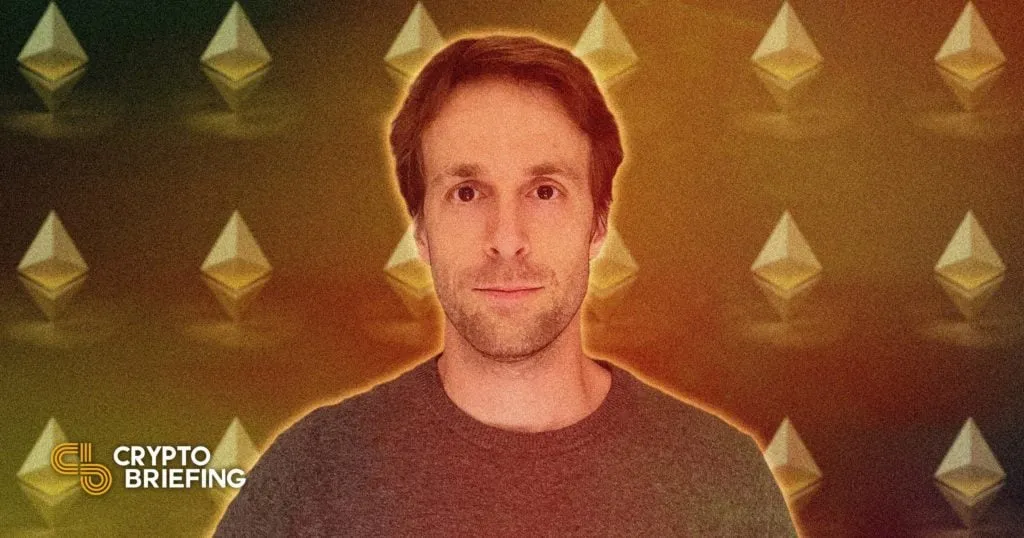
"Justin Drake"
#JustinDrake is a mathematician and entrepreneur, known for his work as a researcher at the Ethereum Foundation. Born and raised in France, Justin studied Mathematics at the University of Cambridge before embarking on his professional career.
After finishing his degree, he co-founded various tech startups, one of the most prominent being MediaChain. MediaChain was an open-source project designed to utilize blockchain technology to help attribute creative works online. Spotify, the music streaming giant, later acquired this project.
In his work at the Ethereum Foundation, Justin has focused primarily on the Ethereum 2.0 upgrade, also known as Serenity. His research revolves around consensus algorithms, cryptographic primitives, and ways to improve the scalability, security, and sustainability of the Ethereum blockchain. He is considered a significant contributor to the development of Ethereum 2.0, particularly regarding sharding and proof-of-stake protocols.
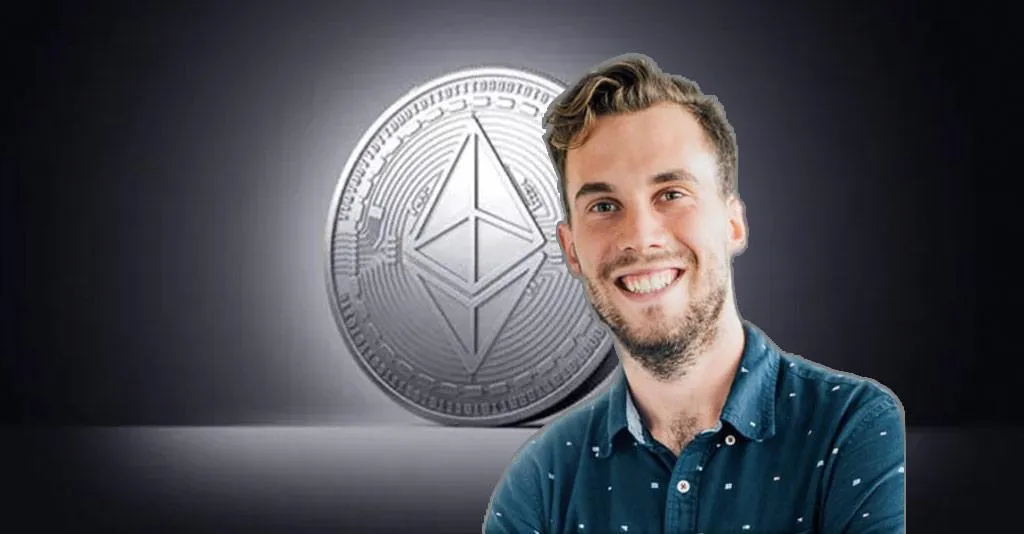
"Tim Beiko"
#TimBeiko is one of the most prominent figures in the Ethereum Foundation, with his work and Ethereum-related updates often being cited on the largest financial news outlets.
He’s been working on Ethereum full-time since 2018, and worked at Joseph Lubin’s ConsenSys before switching over to the Ethereum Foundation in 2021.
Tim has worked for several blockchain companies, including ConsenSys and Pegasys. His roles have primarily focused on product management, and he has worked on projects related to enterprise Ethereum blockchain technologies. He has also been involved in Ethereum's protocol development, particularly in terms of coordinating hard forks and proposing various improvement suggestions.
One of Tim's significant roles in the Ethereum community is his work as a coordinator for All Core Devs meetings. These meetings are a critical part of Ethereum's development, where developers discuss various EIPs and the direction of the Ethereum protocol. He is known for his ability to facilitate discussion and help achieve consensus among developers.
In addition to his practical work, Beiko has also been an active contributor to the educational side of Ethereum. He has written various pieces explaining complex aspects of Ethereum's technology and upgrades in a way that's accessible to a broader audience.
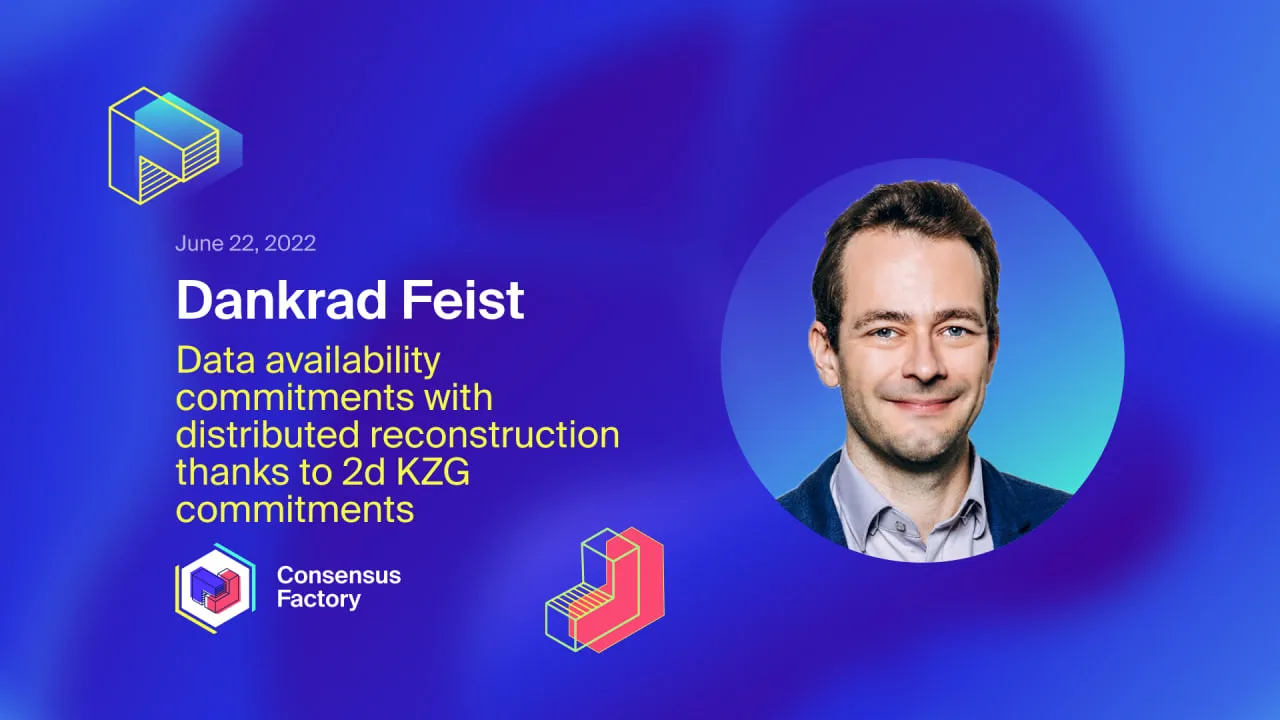
"Drankrad Feist"
#DankradFeist has been working in the tech industry since 2013. Dankrad began their career as a Principal Engineer at Argon Design before moving to Palantir Technologies as a Forward Deployed Engineer in 2015. In 2016, they co-founded HiDoc Technologies, where they were responsible for technical strategy, app development, backend development, and machine learning. In 2019, they moved to Ethereum as a Researcher and in 2020 they became an Advisor at Knit - Your Virtual Meeting Place.
Dankrad Feist has a long history of education. Dankrad obtained their Bachelor of Science in Physics from Technische Universität Darmstadt in 2007. Dankrad then attended EPFL (École polytechnique fédérale de Lausanne) from 2007 to 2008, studying Physics and Mathematics. Dankrad then obtained their Master of Advanced Study in Mathematics and Physics from the University of Cambridge in 2009. Dankrad continued their studies at the University of Cambridge, earning their PhD in Theoretical Physics and Applied Mathematics in 2013. Dankrad has also earned additional certifications in Machine Learning, Neural Networks for Machine Learning, and Practical Machine Learning from Coursera in 2017, 2016, and 2017 respectively.
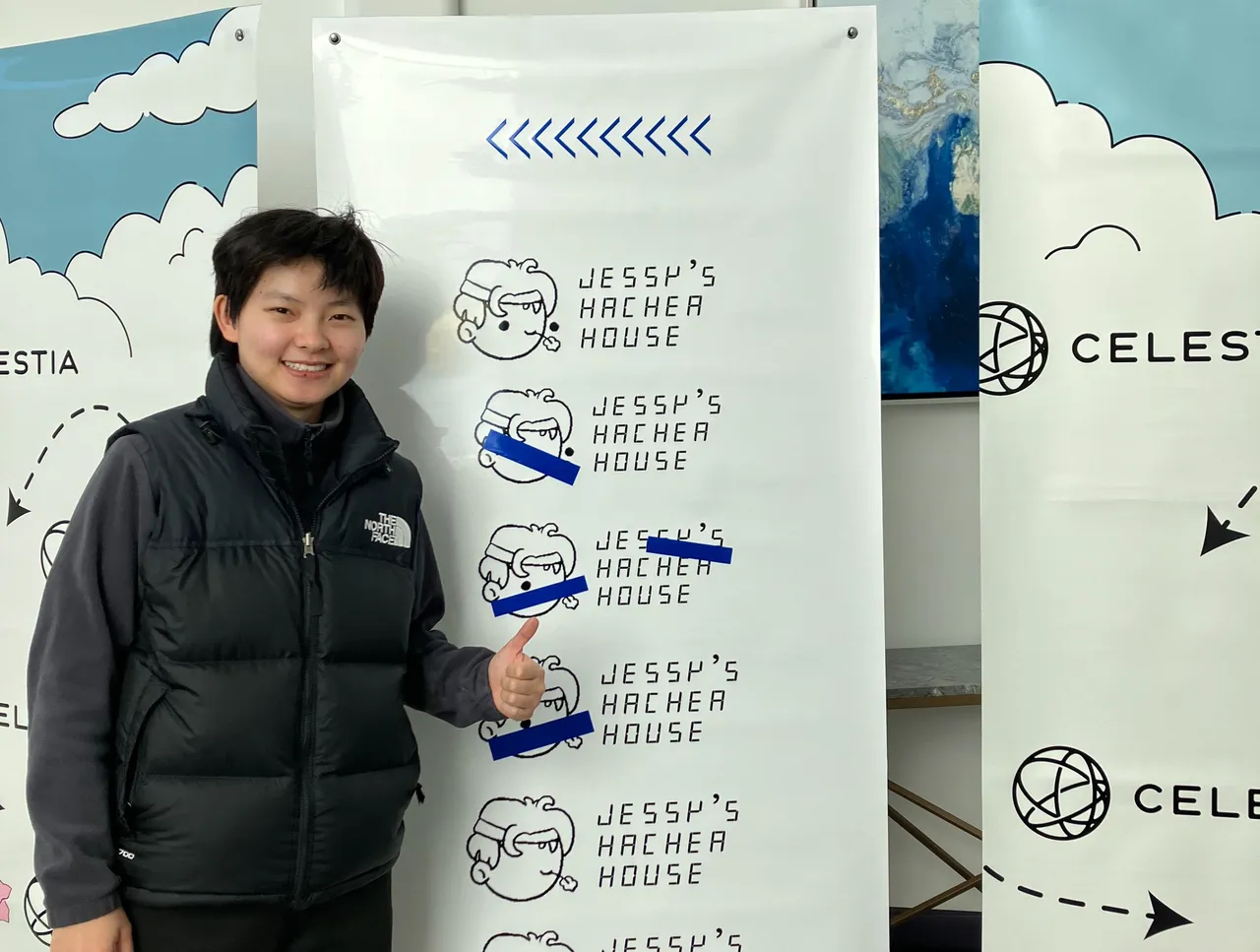
"Jessy"(HACHER HOUSE)
https://twitter.com/13yearoldvc
Meet the person who offered comfy beds for ‘scrappy’ hackers during ETHDenver
#Jessy, the name behind Jessy’s Hacker House, helped organize four rental houses in Denver for genuine scrappy" individuals looking for networking opportunities and more.
She goes by the name "Jessy" and is notably known for "Jessy’s Hacker House", an initiative that offered "hacker houses" for attendees of ETHDenver and BUIDLWeek. These "hacker houses" served not only as accommodation in a city where resources were limited, but also as an open environment for networking, collaboration, and competition, reinforcing the communal and innovative ethos of the blockchain community.
Jessy appears to be a proactive figure in the Ethereum and blockchain community, known for providing accommodation and networking opportunities for participants of prominent blockchain events such as the ETHDenver conference.
